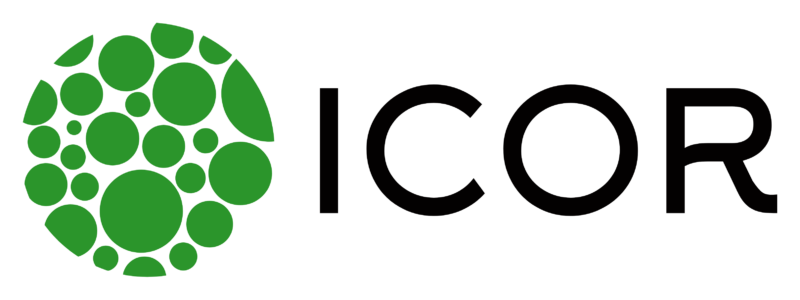Integrating Open and Equitable Research into Open Science
On March 21st, ICOR was privileged to present at the “Year of Open Science Culminating Conference: Shaping the Future of Open Research” that showcased the past, present, and future of open science initiatives covering the major topics of infrastructure, community-building, rewards and incentives, policy, and metascience. The interactive event was a gathering of the brightest minds and leading projects dedicated to open science and neatly bridged the connections across stakeholders who enact and support open science across the research lifecycle. If you were unable to attend the conference, all the sessions can be found on this playlist via the Center of Open Science’s YouTube channel.
ICOR’s presentation was dedicated to our NSF-funded EAGER project in collaboration with MIT Libraries’ Center for Research on Equitable and Open Scholarship (CREOS). Together, we are combining our expertise in research in equitable and open scholarship and real-world implementations of open research practices.
With a constantly evolving policy landscape we see the need to help academic researchers partner with operational platforms and ongoing open science initiatives in order to embed experiments and measurements into existing science systems and activities. This program will be transformative by pioneering a new scalable methodology, seeding a new generation of researchers focused on open scholarship, and building a coalition among practitioners and researchers engaged in open and equitable research. We are setting out to develop a reproducible and scalable model for evaluating practices through our Fellows and Leaders in Open and Equitable Scholarship (FLOES) program which seeks to insert well-designed experiments and measurements into existing open science systems and activities. By embedding experimental design into existing projects we can start to collect data, analyze it and start to build out a reliable evidence base that can empirically tell us what interventions work and what doesn’t.
At present, we are designing the FLOES program and building an active community around it. Our initial activity has focused on performing an environmental scan to identify what similar initiatives are already out there and if there are any gaps that could lead to potential opportunities and partnerships. As part of this work, we are engaging with a diverse group of stakeholders and connecting with practitioners and researchers involved in open and equitable research to help us refine our understanding of the current landscape. As we continue to do this, we are gaining knowledge on how we might seed diverse and ongoing investigations into the question of equity and open scholarship and how we might embed interventions into existing projects and platforms to study equity, inclusion and diversity.
The next stage of our work will be to develop a strategy for our proposed fellowship program. We aim to put together a scalable blueprint that could increase the number of people who study equity with open science, provide a mechanism for identifying and matching research projects to suitable scholars and create guidance for standardised reporting on studies of equitable open scholarship. The ultimate goal will then be to seek funding for the FLOES program to launch in 2025.
As this whole project is centered around equity, we are being very mindful of the complex nature of the topic. We already know that the ability to conduct research and participate in scholarship is unequal globally. Not everyone has equal access to the funds, the tools or the infrastructure to conduct open science, which means there is already an inherent burden for some more than others. As we investigate when making scholarship more open leads to greater equity we intend to be equally curious as to when it exacerbates inequities and may inadvertently affect communities along the way.
You can see Kristen Ratan (Stratos and ICOR) and Sue Kriegsman (MIT libraries, CREOS) talk about the FLOES program in full in the video below (27 minutes onwards). If you have any thoughts, ideas or would like to join the FLOES community then please don’t hesitate to get in touch with us at [email protected].
